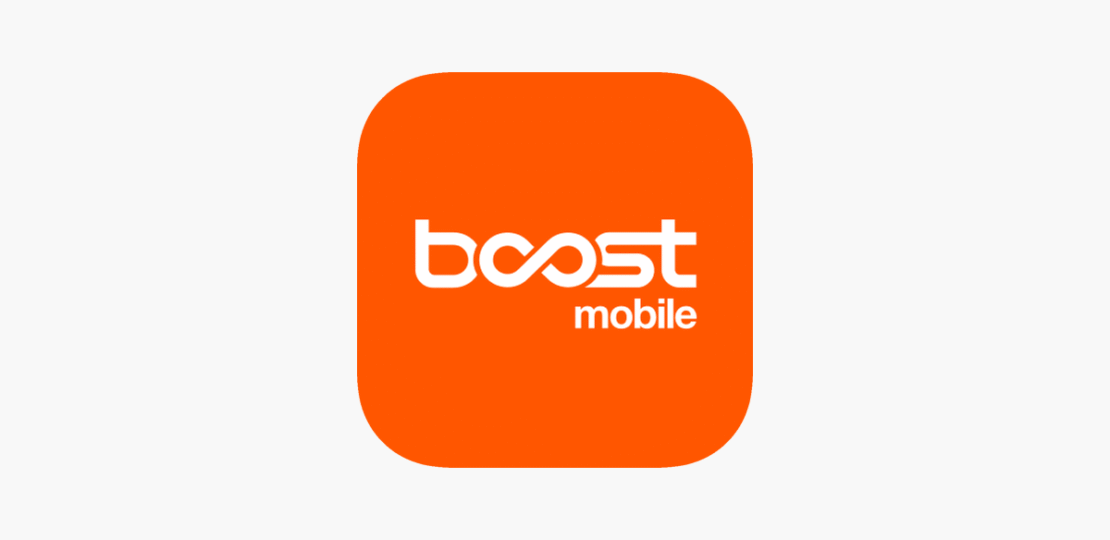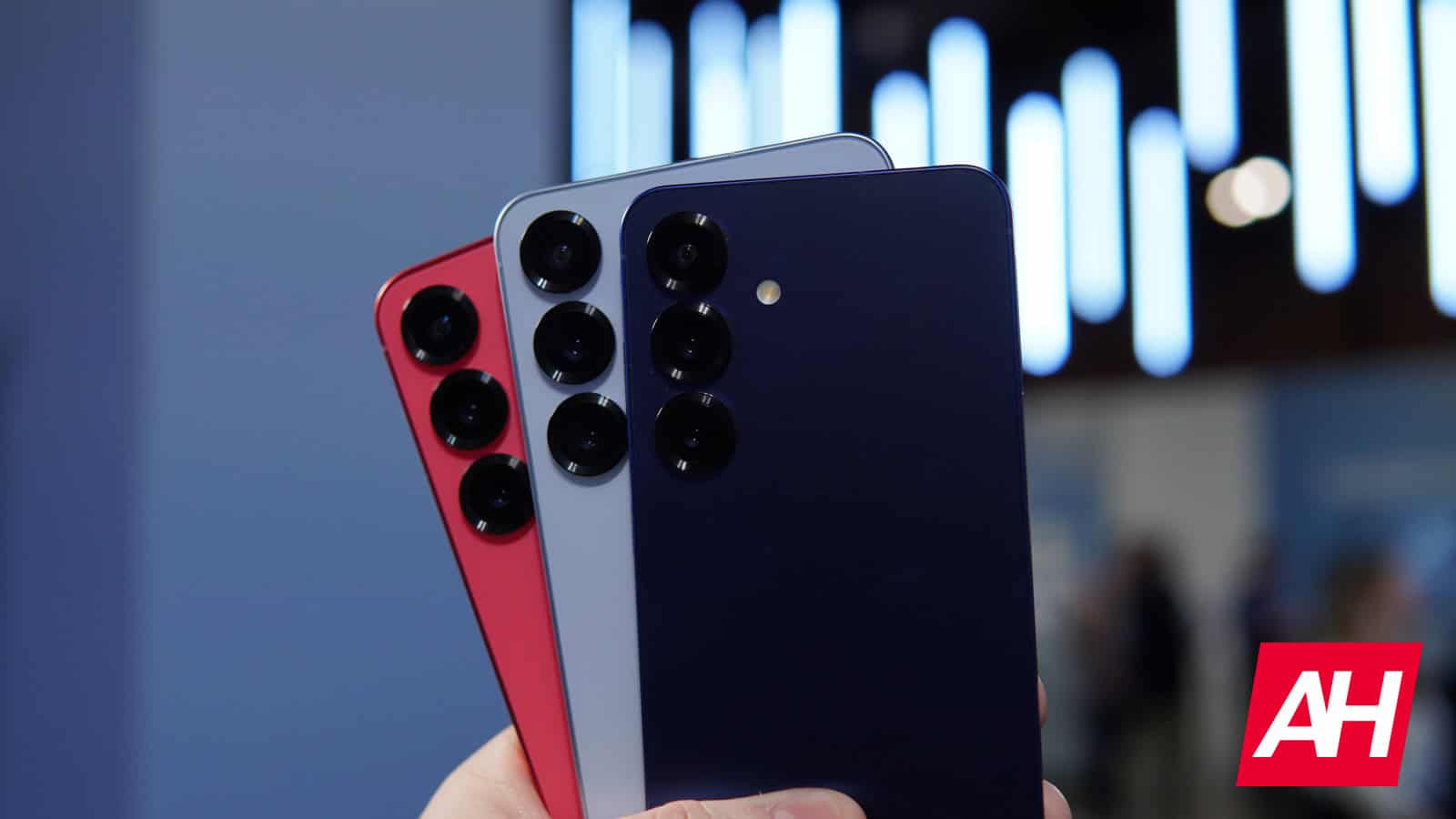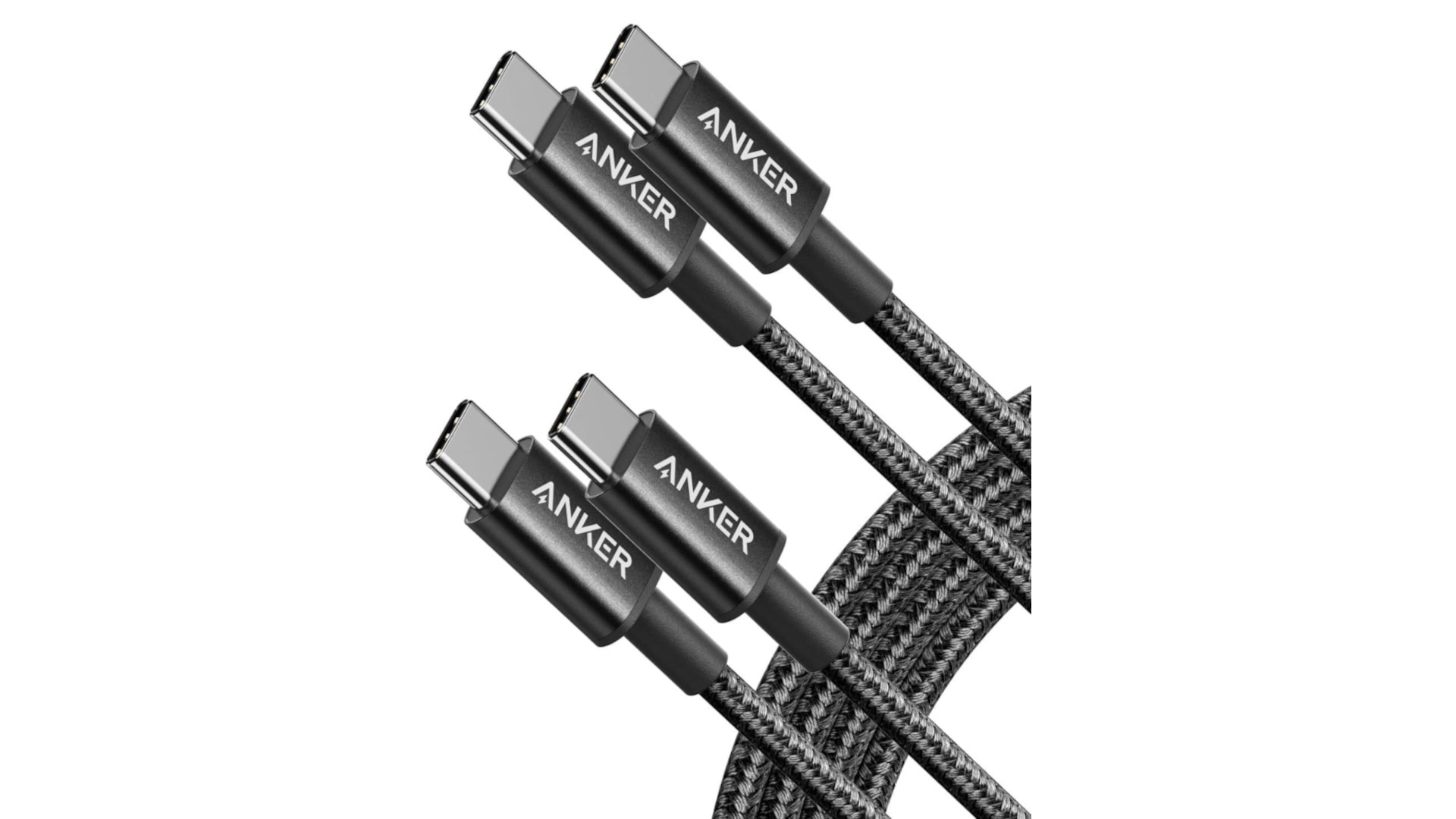
Boost Mobile was once envisioned as the nation’s fourth major wireless carrier. However, it has faced a challenging few years. After its acquisition by Dish Network (now under the EchoStar umbrella), subscriber numbers have steadily declined. But a new report suggests EchoStar might be exploring a surprising deal to save Boost Mobile. The company would be exploring a combination with MobileX, a Verizon mobile virtual network operator (MVNO) founded by none other than Peter Adderton, one of Boost Mobile’s original creators.
What happened with Boost Mobile?
The history of Boost Mobile is a bit of a whirlwind. The FCC pushed for a fourth major carrier to ensure competition after T-Mobile acquired Sprint. Dish Network, led by chairman Charles Ergen, stepped in and acquired Boost in 2020 with its 9.3 million customers. However, under Dish and then EchoStar, Boost Mobile has struggled to retain users. More specifically, it dropped to 7.2 million customers by Q1 2025. This 22% loss has led to questions from the FCC regarding EchoStar’s 5G build-out commitments and spectrum usage.
Enter MobileX, Peter Adderton’s current venture. Adderton famously built the original Boost Mobile into a successful, edgy brand before its sale in 2003. Now, his company, MobileX, operates as an MVNO on Verizon’s network. The MVNO employs AI to create personalized, pay-as-you-go data plans, often sold in Walmart stores. Adderton himself has been a vocal critic of Boost Mobile’s performance under Dish.
Potential EchoStar and MobileX deal
A potential tie-up between EchoStar and MobileX could bring Adderton’s strong branding expertise and MobileX’s bold approach back into the picture to save Boost Mobile. Experts like Jeff Moore of Wave7 Research point out that Boost, primarily a prepaid carrier, has been struggling by “pretending to be a postpaid carrier.” Boost does offer “Infinite Access” plans that include a new iPhone or Galaxy device annually for $65 a month. However, these postpaid offerings haven’t been widely promoted or supported by Boost’s predominantly prepaid retail footprint.
For Boost to truly compete, some suggest it needs to either scale up significantly. They could achieve this by leasing network access to other companies or building a much more robust postpaid presence. MobileX’s AI-driven, flexible plans could provide a fresh direction, potentially attracting new customers and addressing the issue of how much data users truly need.
Whether this potential partnership can reignite Boost Mobile’s fortunes and fulfill its original promise as a strong fourth competitor remains to be seen. But for a brand in need of a jolt, bringing back one of its original visionaries with a fresh, AI-powered strategy might just be the lifeline it needs.
RELATED POSTS
View all


